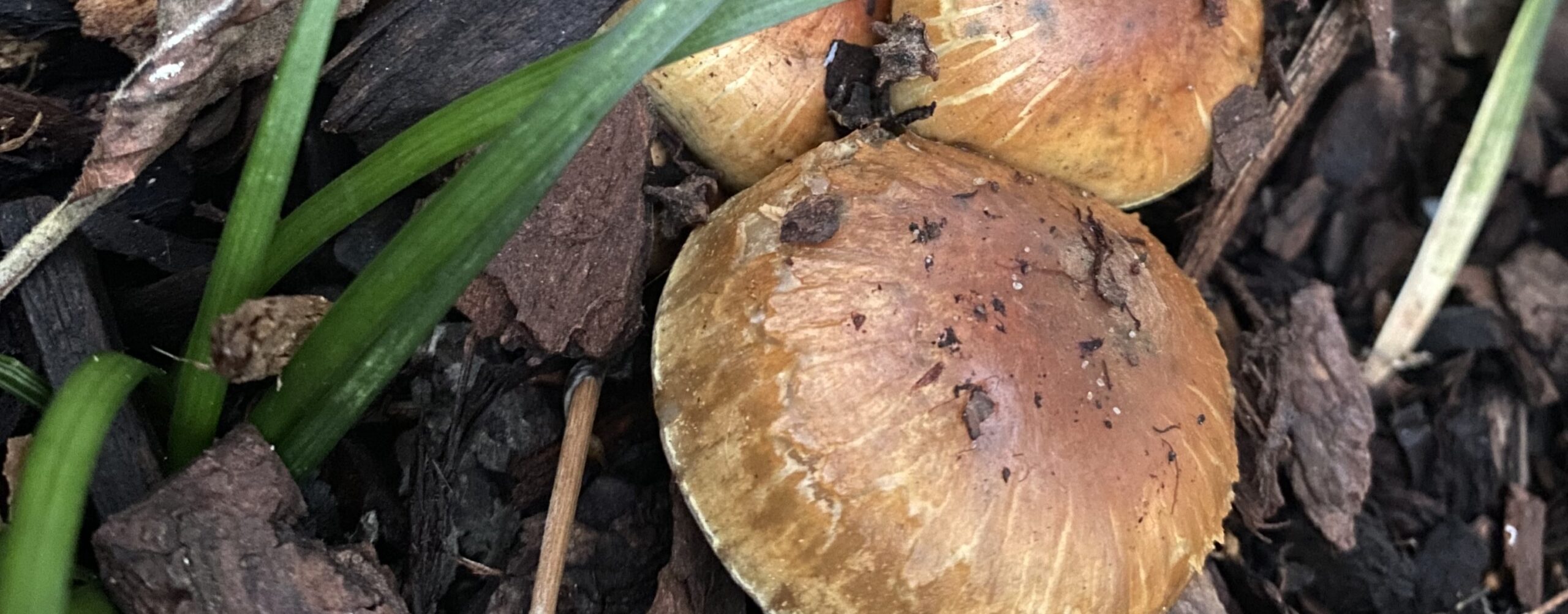the intricate interplay between viral infections and the susceptibility to secondary microbial invaders. Among these secondary threats, fungal infections have emerged as a significant concern, with COVID-19 patients exhibiting heightened vulnerability. This essay explores the multifaceted reasons behind the increased susceptibility to fungal infections in individuals afflicted by COVID-19.Immune
Suppression:One of the primary factors contributing to the heightened susceptibility to fungal infections in COVID-19 patients is immune suppression. The severe acute respiratory syndrome coronavirus 2 (SARS-CoV-2), responsible for COVID-19, can compromise the immune system by directly infecting immune cells and inducing an exaggerated immune response. This dysregulation weakens the body’s ability to fend off opportunistic pathogens, including various fungal species.
Cytokine Storms and Tissue Damage:COVID-19 often triggers an excessive immune response known as a cytokine storm. This surge of pro-inflammatory cytokines not only exacerbates the severity of the viral infection but also inflicts collateral damage on healthy tissues. The compromised integrity of respiratory and mucosal barriers creates an environment conducive to fungal colonization and infection.
Antibiotic Use and Dysbiosis: Patients hospitalized for severe COVID-19 cases frequently receive broad-spectrum antibiotics to prevent or treat secondary bacterial infections. While these antibiotics target harmful bacteria, they can also disrupt the balance of the microbiota, leading to dysbiosis. This imbalance weakens the body’s natural defense mechanisms against fungal overgrowth, paving the way for opportunistic fungal infections.
Mechanical Ventilation and Invasive Procedures: Patients with severe COVID-19 symptoms often require mechanical ventilation and invasive medical procedures, which further elevate the risk of fungal infections. The insertion of tubes and catheters can introduce fungal pathogens into the body, and the prolonged use of ventilators may damage the respiratory epithelium, providing an entry point for fungal colonization.
Prolonged Hospitalization and Immobility: Extended hospital stays and immobility associated with severe COVID-19 cases contribute to an increased risk of fungal infections. Prolonged bed rest can compromise the circulation and lymphatic drainage, impairing the delivery of immune cells to infection sites. This reduced immune surveillance allows fungal pathogens to proliferate unchecked.
Conclusion: The susceptibility of COVID-19 patients to fungal infections is a complex interplay of immune suppression, cytokine storms, antibiotic use, invasive procedures, and prolonged hospitalization. Recognizing and addressing these factors are crucial for developing effective strategies to manage and prevent fungal infections in individuals battling COVID-19. As the scientific community continues to unravel the intricacies of this novel viral infection, a comprehensive understanding of the associated risk factors is essential for enhancing patient care and mitigating the impact of secondary microbial threats.

